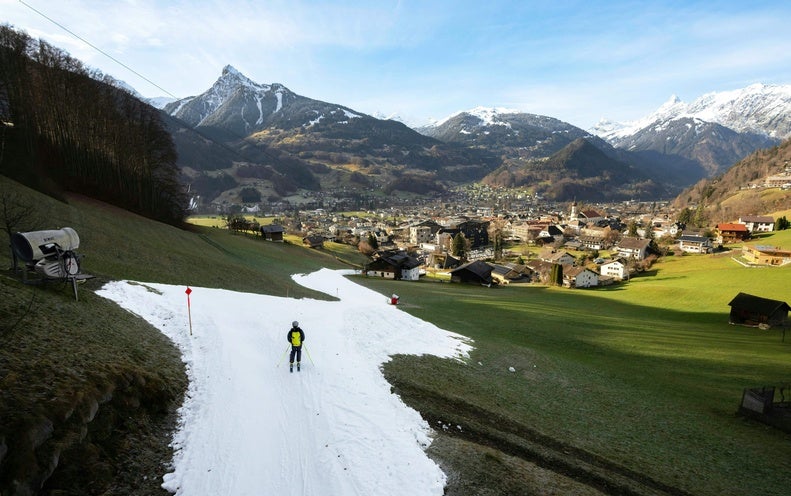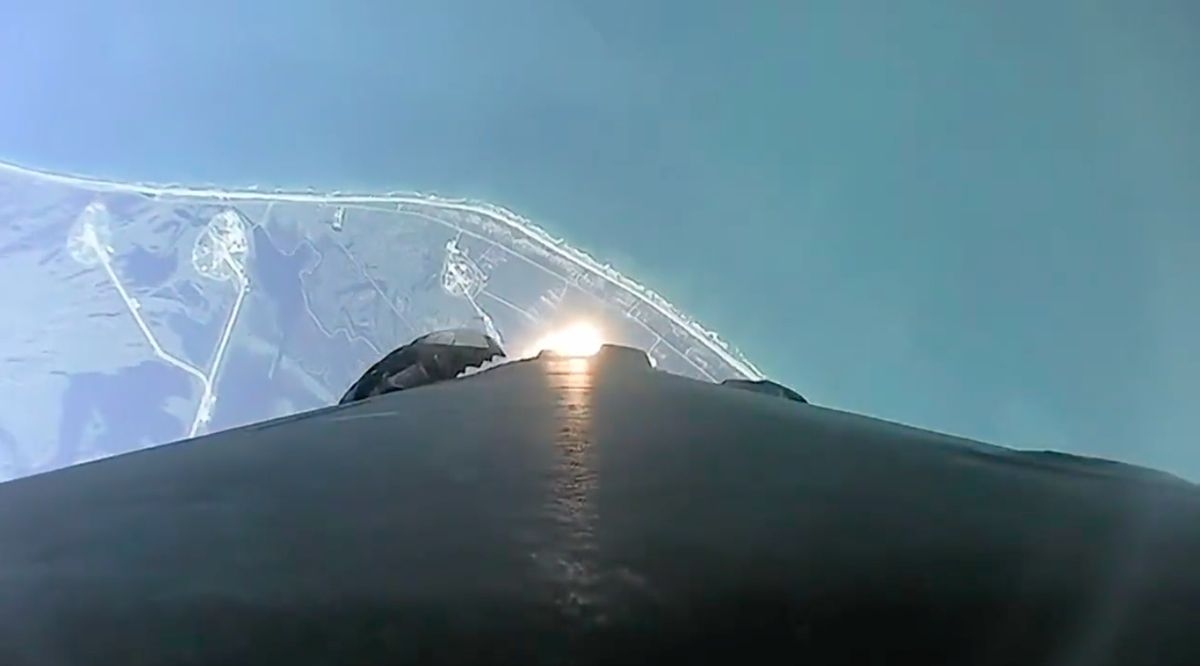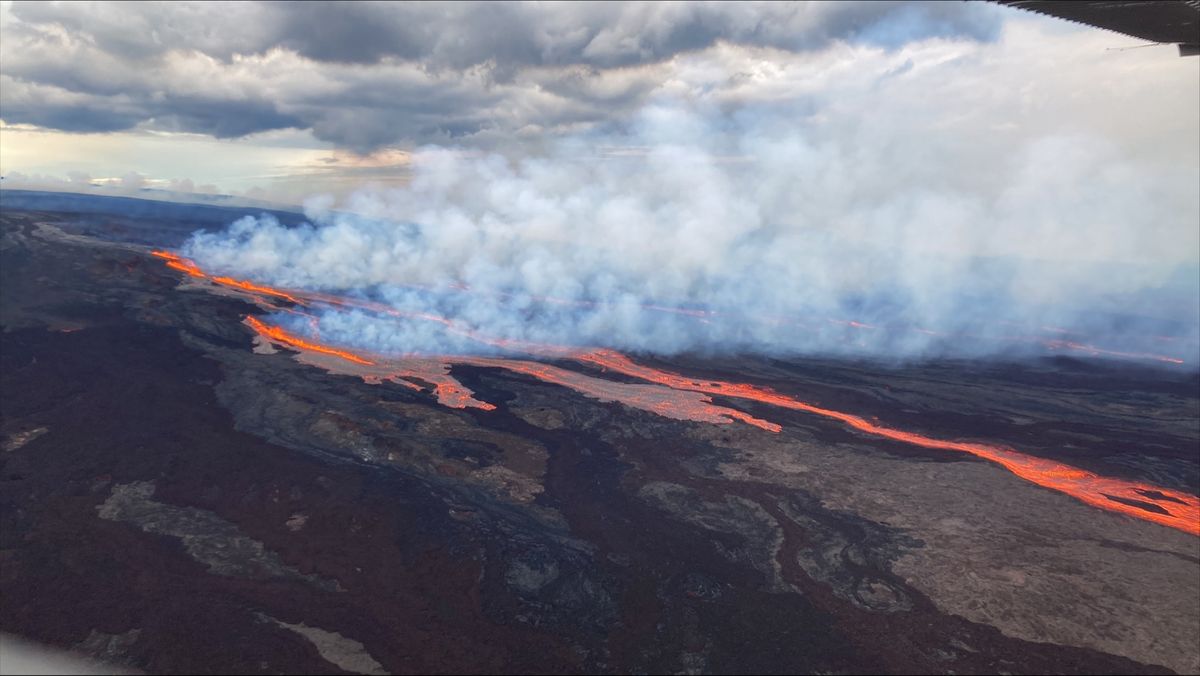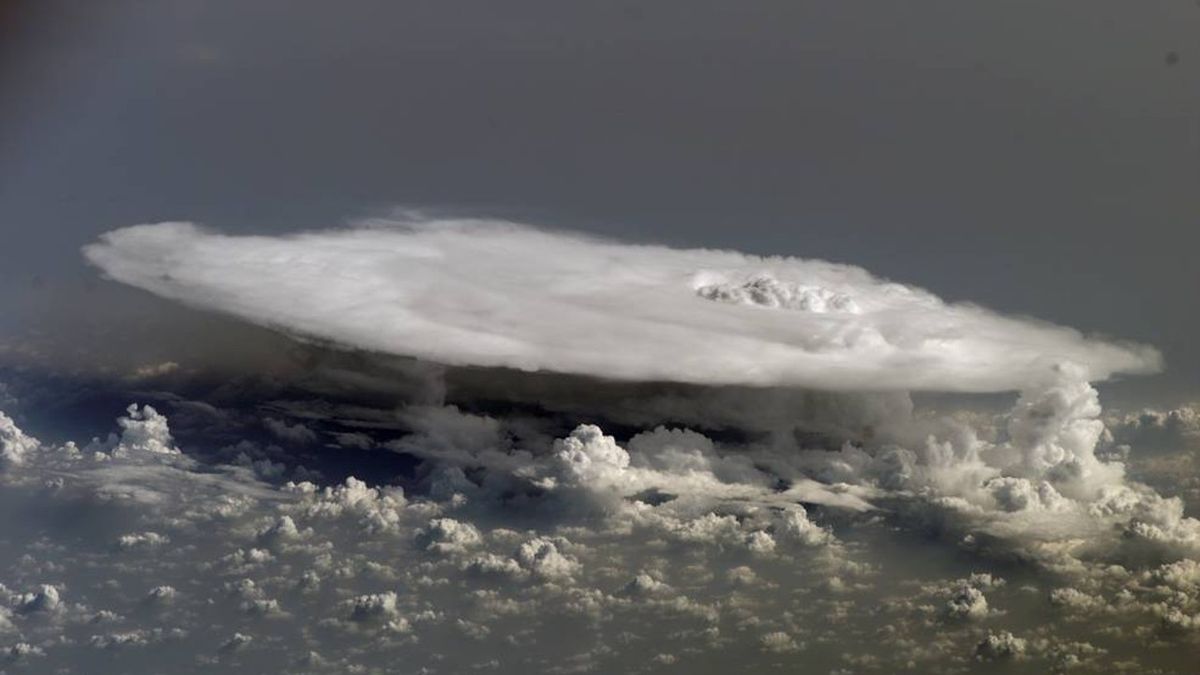Europeans have feared for months about freezing this winter because of an energy crisis stemming from Russia’s war in Ukraine. They were not expecting a heat wave.
On the first day of the year, weather stations across Europe saw their highest January temperatures of all time.
Nearly a thousand records fell in Germany alone in the first few days of the year, according to climatologist Maximiliano Herrera, who tracks extreme temperatures around the world. Thousands fell elsewhere across the continent.
The expanse and intensity of the warm spell make it “probably one of the most intense ever seen,” Herrera said in a message to E&E News.
At least 15 countries across Europe saw record-breaking temperatures in the past week. The hardest hit areas stretched from France to Germany, Belgium, and the Netherlands. Records also fell in Luxembourg, Poland and Belarus.
The temperature anomalies were “unprecedented,” Herrera said, with some weather stations hitting temperatures that were higher than July averages. Warsaw, Poland, which boasts a climatological record dating back 200 years, broke its January temperature record by more than 5 degrees Celsius.
A warm air mass moving over Europe from the west coast of Africa brought the unseasonable weather.
A variety of factors likely contributed to the unsettling heat, said London-based meteorologist Scott Duncan. An ongoing La Niña event is still affecting weather extremes around the world. Parts of the North Pacific and the Mediterranean have also been unusually warm, which can boost temperatures in Europe.
And climate change is steadily raising global temperatures, making extreme heat more likely and more severe.
“Our warming atmosphere and oceans are ultimately making temperature records easier to break and undoubtedly played a role,” Duncan said in an email.
A blessing in disguise?
The warm weather is a reminder of the foreboding impacts of a changing climate. This year, however, it has also provided the European Union with some relief from a punishing energy crunch that had sent heating bills for homes and industry skyrocketing.
Higher temperatures—combined with cuts to consumption and alternative energies—have helped drive lower demand and prices for natural gas. Prices were down to around €70 per megawatt hour Wednesday, their lowest since before Russia invaded Ukraine last February and sent fuel markets into turmoil.
Lower demand has also allowed countries to refill their gas storage facilities, which could help ease concerns of supply shortages next winter.
If inventories are high at the end of winter, countries will need to import less gas over the summer, relieving pressure on the market, said Anne-Sophie Corbeau, an expert on natural gas at Columbia University’s Center on Global Energy Policy.
Even with that positive outlook, some leaders have continued to push citizens to save energy. The winter heat wave has also stirred concern among Europeans, who tend to be aware of climate change.
“It’s very nice to be out in the sun, to be eating ice cream in December, but people really realize now that this is not normal,” said Corbeau.
The latest weather event comes after a summer of climate extremes ramped up energy demand as the European Union hunted for alternatives to Russian fossil fuels (Climatewire, Aug. 21, 2022).
It could also have ripple effects. Ski resorts in the Alps, for example, are virtually snow-free and some had to close before the season got underway, said Luca Bergamaschi, director of international politics at ECCO, an Italian climate change think tank.
“The problem is, that everyone knows that this is not just one winter, but this is going to be probably much more normal. And all of a sudden businesses and countries find themselves unprepared for that,” he said.
Tightrope walk
Demand for gas was falling before the heat wave due to a campaign by the European Union to reduce energy use through a combination of conservation measures and alternative fuels, including coal. At the same time, imports of liquefied natural gas from the United States and elsewhere roughly doubled in 2022, partially making up for the loss of Russian gas.
“Markets worked very well in terms of both bringing the necessary volumes to Europe during the crisis and making sure that nobody had to be kind of forcefully switched off,” said Georg Zachmann, a senior fellow at Bruegel, a Brussels-based think tank. “And now that there is a relaxation in the fundamentals, we see that being translated also in our relaxation of prices.”
But Europe’s troubles are not over.
Russian gas imports will be far lower than last year, meaning the European Union will need to continue looking for alternative sources, while reducing energy use and building out wind and solar generation.
Although gas prices are down significantly, they’re still five times higher than the 10-year average and well above prices in the United States.
And if China’s economy heats up in 2023, or if Japan has a cold snap, increased competition over gas might draw LNG volumes away from Europe, creating a shortfall.
“It’s going to be a tightrope walk for quite a while because, essentially, every individual item that might break might bring us back into crisis mode,” said Zachmann.
That also means the European Union’s biggest energy users are likely to shore up their supplies.
Germany—Europe’s largest economy—has invested in LNG terminals for additional imports and restarted some coal-fired power plants, while delaying the decommissioning of others.
Climate activists have questioned whether the build-out of such infrastructure is needed. Others say those moves are part of a broader effort to diversify Germany’s gas supply and build some cushion into the system to make it more resilient to future energy shocks.
Demand shifts
Meanwhile, climate-related extremes are expected to intensify.
Winter warm spells will likely grow more frequent and severe in the future. And winters across Europe, in general, are getting milder, according to Freja Vamborg, a senior scientist with the European Union’s Copernicus Climate Change Service.
Long term, that means energy demand may lessen during the cold months. But Europe’s famously mild summers are also growing hotter—and more prone to brutal heat waves.
One recent study found that heat waves are increasing in frequency about three times faster in Western Europe than elsewhere in the midlatitudes, and they’re intensifying about four times as fast.
As a result, high electricity demand may shift from winter to summer in parts of the continent over the next decade. One 2017 study that looked at 35 countries found that energy demand would likely increase overall in southern parts of Europe under a relatively moderate climate scenario, while decreasing in the north.
Other studies have come to similar conclusions. In more moderate future climate scenarios, overall energy demand for the year might not change, but summer could become the time of greatest stress for Europe’s energy infrastructure.
“We still have the same problems we had before,” said Corbeau of Columbia University. “OK, the situation is a little bit better, but it’s not like, ’Oh, now we’re fine.’ No, we’re not fine.”
Reprinted from E&E News with permission from POLITICO, LLC. Copyright 2023. E&E News provides essential news for energy and environment professionals.














